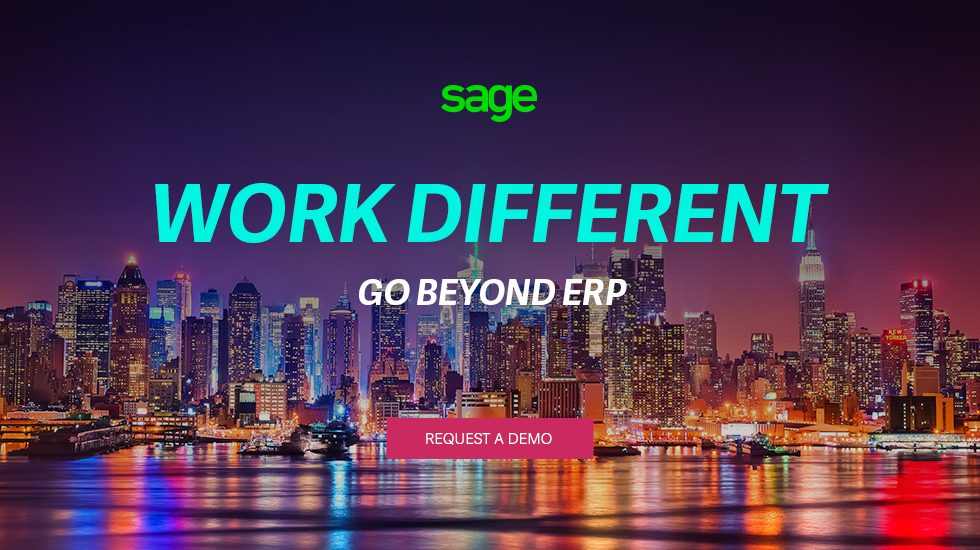Today’s consumers are more informed on chemicals in consumables and household goods than ever before. The right technology can help chemical manufacturers raise their standards to meet and even exceed the demands of the public’s growing awareness.
Chemicals in food were the top concern for more than a third of people surveyed by the International Food Information Council Foundation this year. This includes the presence of arsenic, mercury and BPA, as well as carcinogens and pesticides. A further 40 per cent said they had changed their eating habits because of what they had read or heard about chemicals in food.
Australian manufacturers are also under pressure to follow bans implemented by the US Food and Drug Administration, which has the potential to radically change their supply chain processes. A recent case in point was the FDA’s banning of 19 ingredients from domestic antibacterial soaps and hand washes. News of this ban inspired a call from Australian scientists urging local authorities to follow suit.
The public’s increasing curiosity about chemicals is gradually changing the face of the chemical industry. Not only is it driving stricter safety and quality regulations, but it’s also placing onerous responsibilities on chemical manufacturers and distributors.
When these businesses claim their products are organic and environmentally friendly, they must be able to back up those claims with real evidence. This means their in-house systems must be tracking each chemical that comes in and out of their warehouses. They must also be accountable for their product once it leaves and is eventually in the hands of a consumer. Software has the know-how to do this and more.
Philippe Gratelle, Sage industry consultant, says technology can closely monitor the movement of chemicals in the warehouse.
“You need to have smart systems that will avoid potential disaster,” he explains.
“These systems know how to segregate products in your warehouse, based on their chemical incompatibility and storage requirements”.
Quality and safety compliance measures are no longer a local concern for chemical manufacturers. Thanks to today’s burgeoning global trade, it’s now on a global scale.
Cloud-based platforms can be programmed to manage the complexities of worldwide rules and restrictions to ensure products are safe for importing and exporting. Not only does it streamline procedures at home base, it also simplifies processes for companies looking to expand into new markets in the future.
Flexibility is essential for chemical companies. They must listen to consumer demands and act on them quickly to reduce expenditure.
Using real-time information, organisations can manage the ebb and flow of stock and delays in shipping. Real-time data also allows chemical manufacturers to minimise or even eliminate waste.
All of this information can be extrapolated to form vital business intelligence. These insights empower organisations to keep ahead of the curve, Gratelle says.
“Rather than getting reports long after any problem may have started, you can now make your own dashboards and performance indicators to start looking at a trend taking shape, react before it’s too late and take corrective action” he says.
Streamlining is an important goal for chemical companies who are eager to meet the demands of the market but at the same time automate the management of compliance risks when it comes to their people. By breaking down organisational silos and integrating all facets of their business, companies are best placed to stay on top of compliance requirements.
This can be done with multi-site, automated people management software that aligns departments, says Alex Haloulos, Sage People & HR Sales Director.
“Across the board, companies are so busy with running the business they forget about the people,” he says.
“No people, no production line. So what the system does is allows companies to manage the little human elements that often slip through the cracks.”
Customised software automates staff training and certification, removing the risk of forgetting important dates. This software can be shared and used by employees, says Haloulos.
“It’s really important to be able to empower people to take action for themselves,” he says.
“Systems such as self-service, notifications and the ability to action things on their mobile phones will basically allow staff in remote locations to be notified on the fly so they don’t have to go looking for any of that information.”
Moreover, companies in the chemical space can take efficiency and productivity to the next level through greater focus on their people management and ensuring the right talent is retained in order to cultivate a high performance culture.
Key staff can be identified through information collected and stored by modern software systems. What’s more, the data can be programmed to build a profile on the company’s ideal worker. These employees may then be placed on performance development plans to grow their skillsets and ensure they grow, instead of stagnate, in their roles.
Companies in the chemical space deal with a greater level of complexity than most businesses. They must meet consumers’ high expectations, manage staff for both compliance risks and long-term development and run their business efficiently. Bringing the benefits of automation on board is critical to their ongoing success.
Automation helps companies focus on the business of running their business by removing the complexities of meeting stringent industry rules and regulations. It frees them from getting bogged down in tedious data entry and other outdated modes of making company records, and instead enables companies to have a real-time view of their business for effective decision making.




